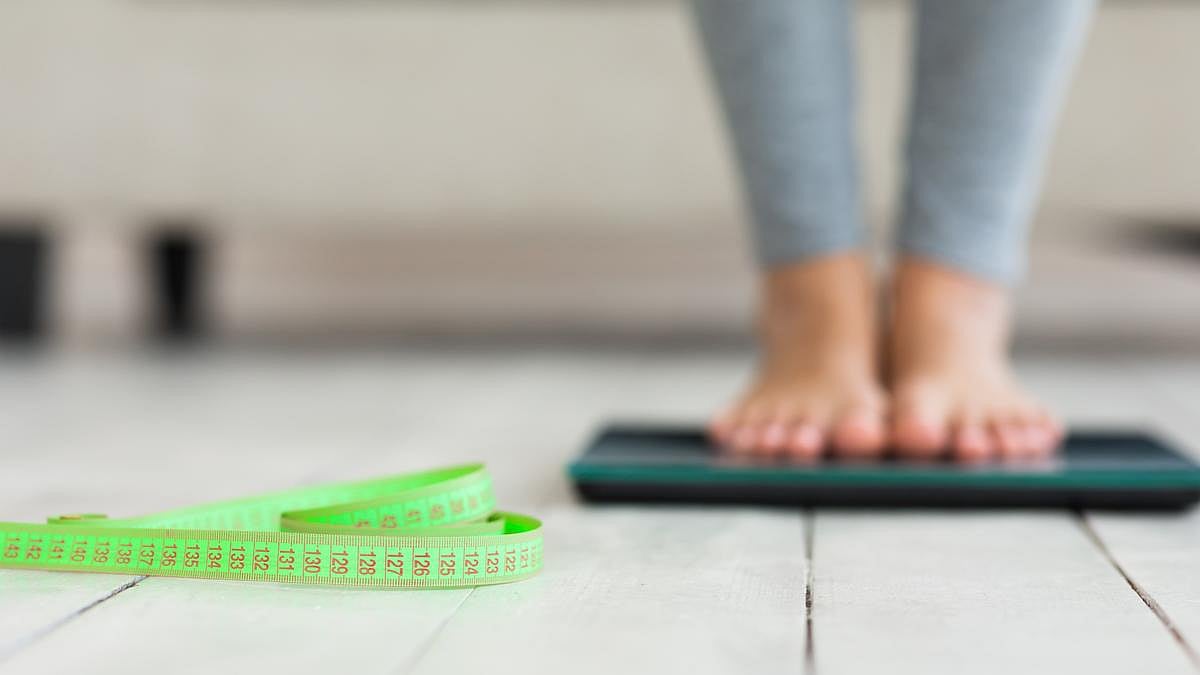
Some packages of organic ground beef sold at Whole Foods stores across the country may be contaminated with E. coli, federal officials have warned. The U.S. Department of Agriculture’s Food Safety and Inspection Service (FSIS) issued a public health alert Wednesday about one-pound packages of “ORGANIC RANCHER ORGANIC GROUND BEEF 85% LEAN 15% FAT.” The… read on > read on >


















